Best Probiotic Supplement for Cats in 2025: Vet-Approved Picks
Many cat owners often wonder if their feline friends truly need additional digestive support.When stomach issues like diarrhea, bloating, or constipation appear, the concern grows.Left untreated, these problems can affect not only digestion but also immunity and overall health.A probiotic supplement for cats offers a natural way to restore gut balance, reduce discomfort,and keep your pet healthier in the long run.
Do Cats Need Probiotic Supplements?
Cats, just like humans, host trillions of microorganisms in their gut. These bacteria playa major role in digestion, nutrient absorption, and immune defense. When imbalances happendue to diet, stress, or illness, a probiotic supplement for catscan help restore healthy flora. For cats with sensitive stomachs, this support can beespecially important.
How Probiotics Help Cats’ Digestive and Overall Health
Diarrhea and Loose Stool
One of the most common reasons to use probiotic supplements for cats is diarrhea. Whethercaused by sudden diet changes or infections, probiotics help normalize bowel movementand reduce inflammation in the gut.
After Antibiotic Use
Antibiotics are often life-saving but can destroy good bacteria. Adding a cat probioticsupplement after antibiotic treatment can help reestablish balance and prevent furtherdigestive upset.
Stress-Related Digestive Upset
Cats are highly sensitive to changes in their environment. Stress from travel, moving,or even new pets can trigger stomach upset. Probiotics help reduce stress-related diarrheaand bloating by strengthening gut stability.
Gas and Bloating
Some cats experience frequent gas and discomfort. A probiotic supplement for cats helpsreduce bloating by breaking down food more effectively and regulating bowel function.
Constipation
Cats suffering from constipation may benefit from probiotics, as they support gut motilityand stool consistency.
Immune System Support
Nearly 70% of the immune system is connected to the gut. Probiotic supplements for catsstrengthen natural defense mechanisms, helping them fight infections more effectively.
Weight and Metabolism
Research suggests that gut bacteria also influence metabolism. Probiotics may help overweightcats process food better and support weight management efforts.
Chronic Illness and Infections
Cats with chronic conditions such as kidney disease or recurring infections may benefitfrom long-term probiotic support to improve resilience and comfort.
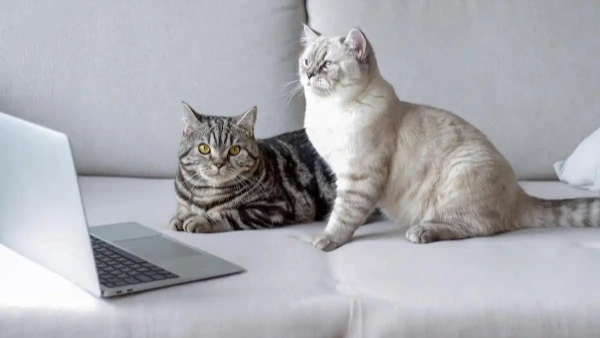
Types of Probiotics for Cats
Bifidobacterium
Known for regulating bowel movements and reducing diarrhea, this strain is oftenincluded in high-quality probiotic supplements for cats.
Enterococcus
Helps maintain balance in the gut microbiome and supports long-term digestive health.
Lactobacillus
Commonly found in yogurt and fermented foods, this strain improves digestion andstrengthens the immune system.
Streptococcus
Less common but still beneficial, it can help reduce intestinal inflammation.
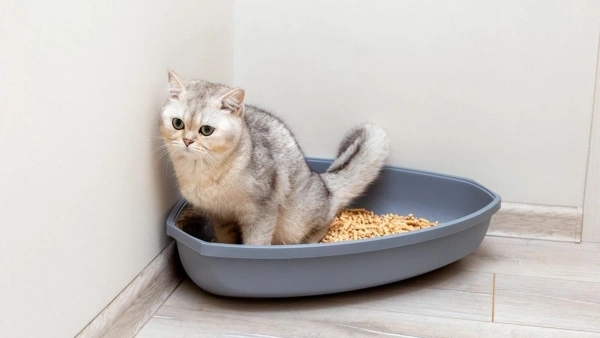
Are There Side Effects of Cat Probiotic Supplements?
Most cats tolerate probiotics well. Some may experience mild gas or softer stools duringthe adjustment period. If symptoms last more than a week, consult your veterinarian.Overall, probiotic supplements for cats are considered safe when used properly.
Correct Dosage and Feeding Methods
Dosage depends on the product and your cat’s weight. Always follow package instructions.Probiotics are usually given as powders mixed with food, capsules, or chews. Cats oftenaccept them easily when blended with wet food.
When Should Cats Take Probiotics?
Cats may benefit from probiotics in several scenarios:
During and after antibiotic treatment
When showing signs of diarrhea or constipation
During stressful changes in environment
For ongoing support in chronic illness
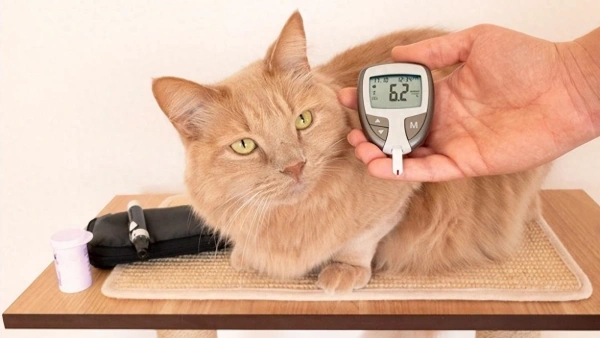
Everything Our Vets Recommend
Probiotic Supplement for Cats FAQs
What is the best probiotic for cats?
The best probiotic for cats usually includes strains like Bifidobacterium and Lactobacillus.Choose a vet-recommended product designed specifically for cats, as human probiotics maynot be safe or effective.
Are probiotic supplements for cats safe for long-term use?
Yes, most probiotics are safe for daily use over extended periods. They provide continuoussupport for digestion and immunity. However, always consult a veterinarian before long-term use.
Can a cat probiotic supplement help with allergies?
Probiotics may help reduce inflammation and improve immune response, which can ease symptomsof food or environmental allergies. While not a cure, they are often part of a holisticmanagement plan.
Final Thoughts
A probiotic supplement for cats can make a significant difference in digestive balance,immune function, and overall well-being. Whether your cat struggles with diarrhea, stress,or chronic issues, probiotics provide natural support backed by veterinary science.To keep your pet happy and healthy, consider introducing the right probiotic supplement today.
You May Like:
- Do Probiotics Help Cats with Vomiting? 2025 Vet Insights
- Best Probiotics for Cats – 2025 Latest Picks for Gut Health
- 4 Probiotics for Cats with Diarrhea: Vet-Tips to Stop Loose Stools
- What To Do If Your Cat Foams At The Mouth? First Aid Manual
User Comments
Does flea treatment kill ear mites too?
Can dogs take human probiotics?
Can dogs have people probiotics safely?

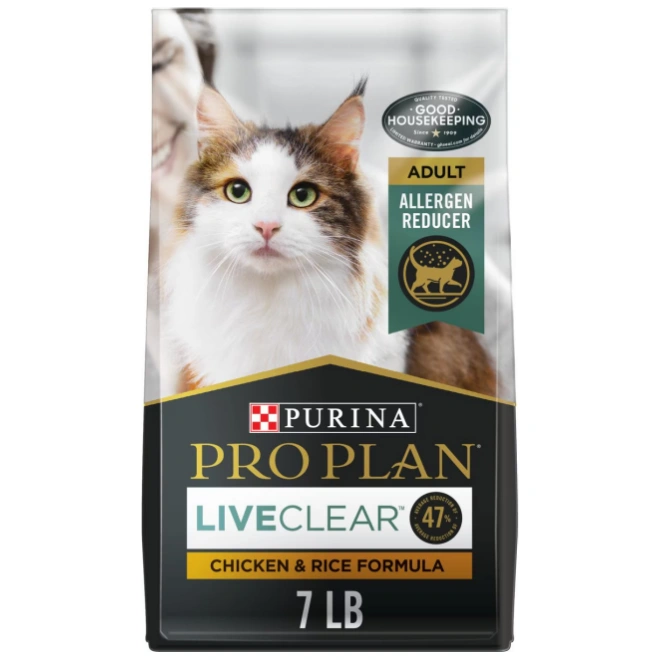
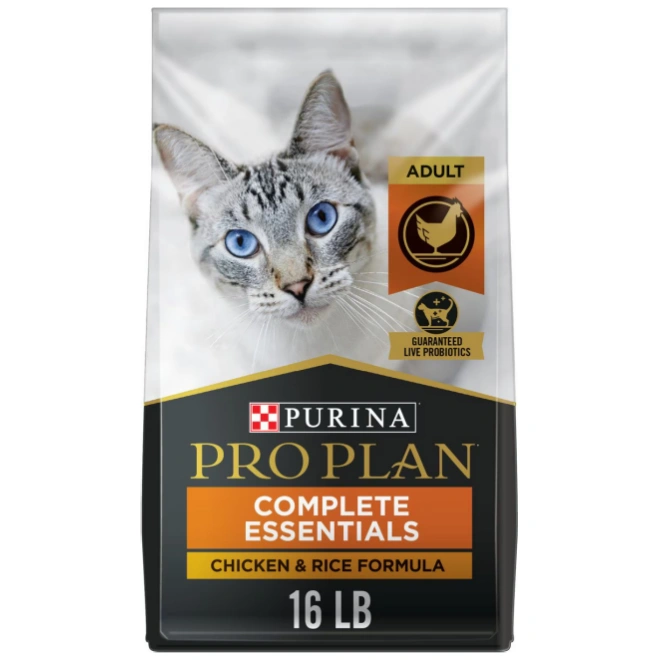
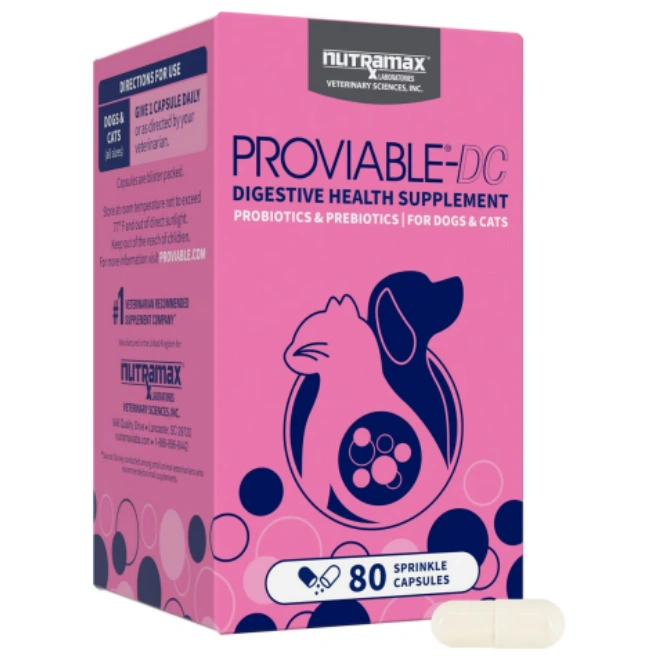
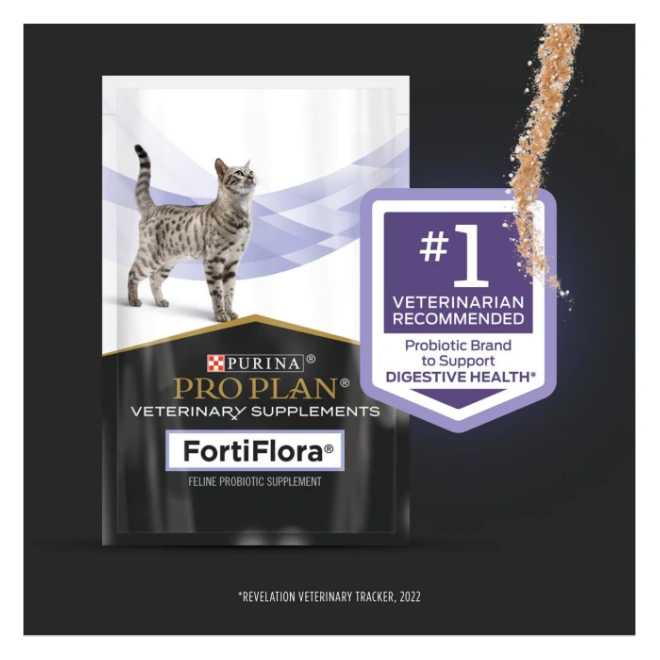
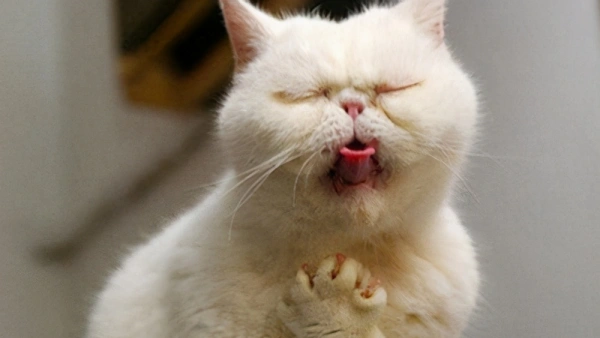
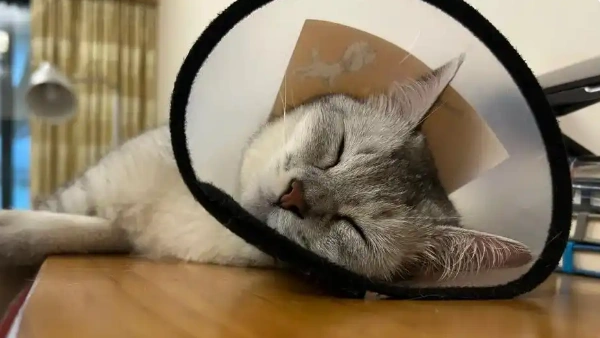
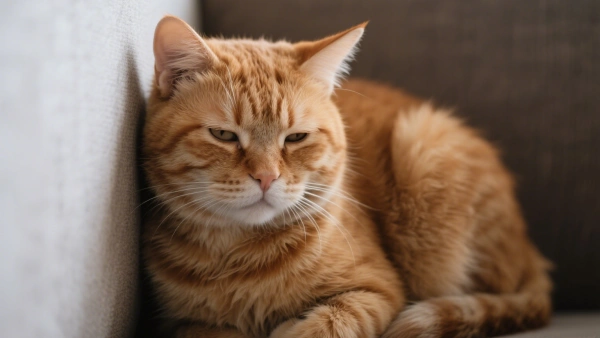








Leave a Reply